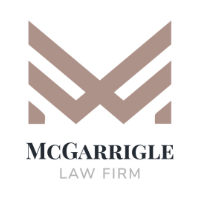Spring City White Collar Crime Lawyer, Pennsylvania
Sponsored Law Firm
-
 x
x

Click For More Info:
-
James E. Crawford, Jr. & Associates, LLC
999 Corporate Blvd. Suite 100 Linthicum, MD 21090» view mapCriminal Defense, Divorce & Family Law Move Forward With Confidence
Our Firm's team of family, criminal, and business lawyers understand that each case presents unique challenges and must be met with equally unique approaches.
800-789-9220
Daniel McGarrigle
✓ VERIFIEDMilitary & Veterans Appeals, White Collar Crime, DUI-DWI, Criminal
Attorney Daniel McGarrigle is an aggressive advocate and experienced litigator; he has tried hundreds of cases and handled all types of criminal matte... (more)
FREE CONSULTATION
CONTACTFREE CONSULTATION
CONTACTJoel A Ready
Litigation, White Collar Crime, Criminal, Accident & Injury
Status: In Good Standing Licensed: 9 Years
David Craig Mckenzie
Motor Vehicle, Divorce & Family Law, White Collar Crime, Criminal
Status: In Good Standing
Jennifer Beth Jordan
Other, Lawsuit & Dispute, International, White Collar Crime
Status: In Good Standing Licensed: 25 Years
Jennifer Beth Jordan
Other, Lawsuit & Dispute, International, White Collar Crime
Status: In Good Standing Licensed: 25 Years
 James Crawford, Jr. Linthicum, MD
James Crawford, Jr. Linthicum, MD Practice AreasExpertise
Practice AreasExpertise

